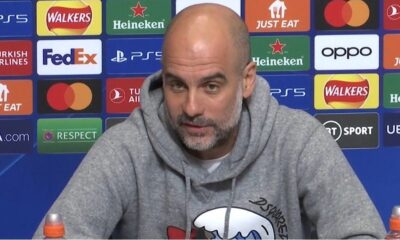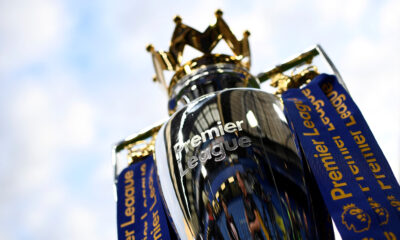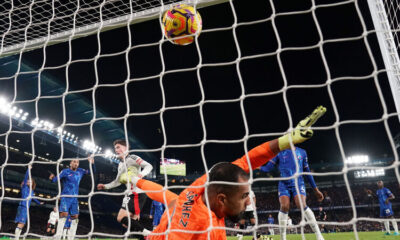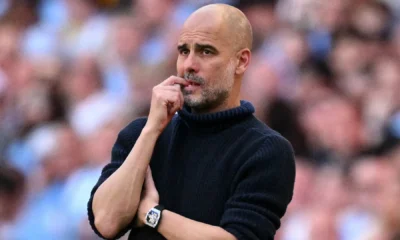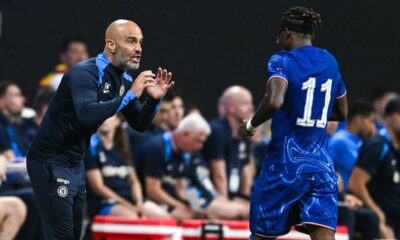Sports
Erik the Disciplinarian: Inside Ten Hag’s controversial tactics

Erik ten Hag’s tenure at Manchester United was intended to bring discipline, structure, and a high-performance culture, but new reports reveal that his methods may have fueled division and fatigue among players.
According to ESPN’s Rob Dawson, Ten Hag’s approach to poor results often meant punishing losses with extra training sessions. While intended to build resilience, players reportedly found the extra workouts left them tired and unprepared for the next game, creating a vicious cycle of underperformance followed by even more intensive training.
Read More:
The humiliation Ten Hag put Ronaldo through
5 facts about Ruben Amorim as he joins Manchester United
Ten Hag’s defense was that “Premier League football is intense, so training must be the same,” yet the players reportedly felt it only made the situation worse.
Beyond training, Ten Hag’s handling of internal conflicts also raised eyebrows. A highly publicized rift with Jadon Sancho over social media comments led Ten Hag to demand a public apology, which many players felt was excessive and even humiliating.
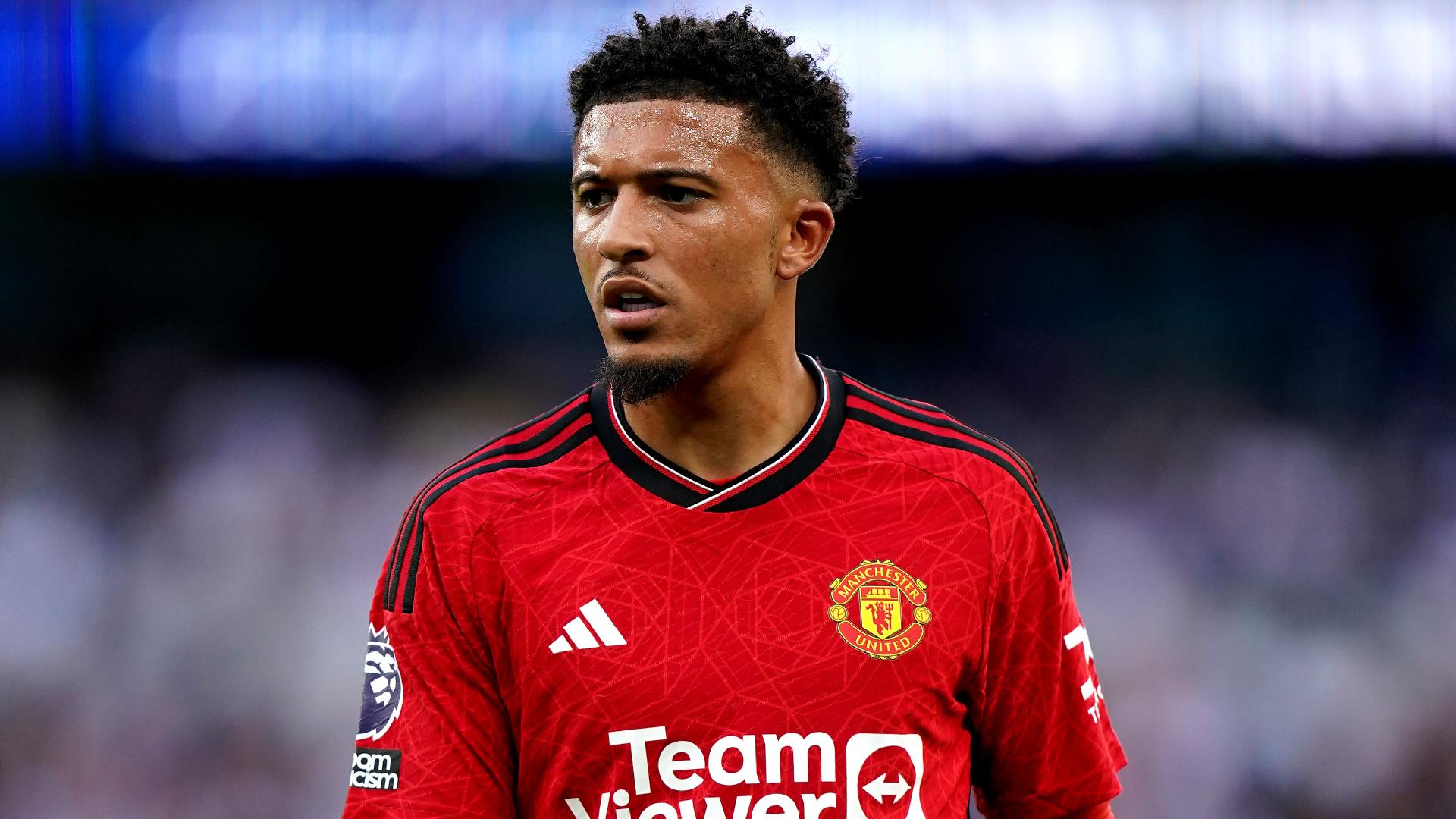
The situation left Sancho isolated, reportedly forced to train, eat, and change alone. While some teammates encouraged him to apologize, sources reveal that as the issue dragged on, many began to question if Ten Hag’s insistence on a public apology was necessary or simply punitive.
Cristiano Ronaldo’s treatment under Ten Hag also drew scrutiny. Following his refusal to enter as a substitute against Tottenham, Ronaldo was initially ordered to train away from the first team.
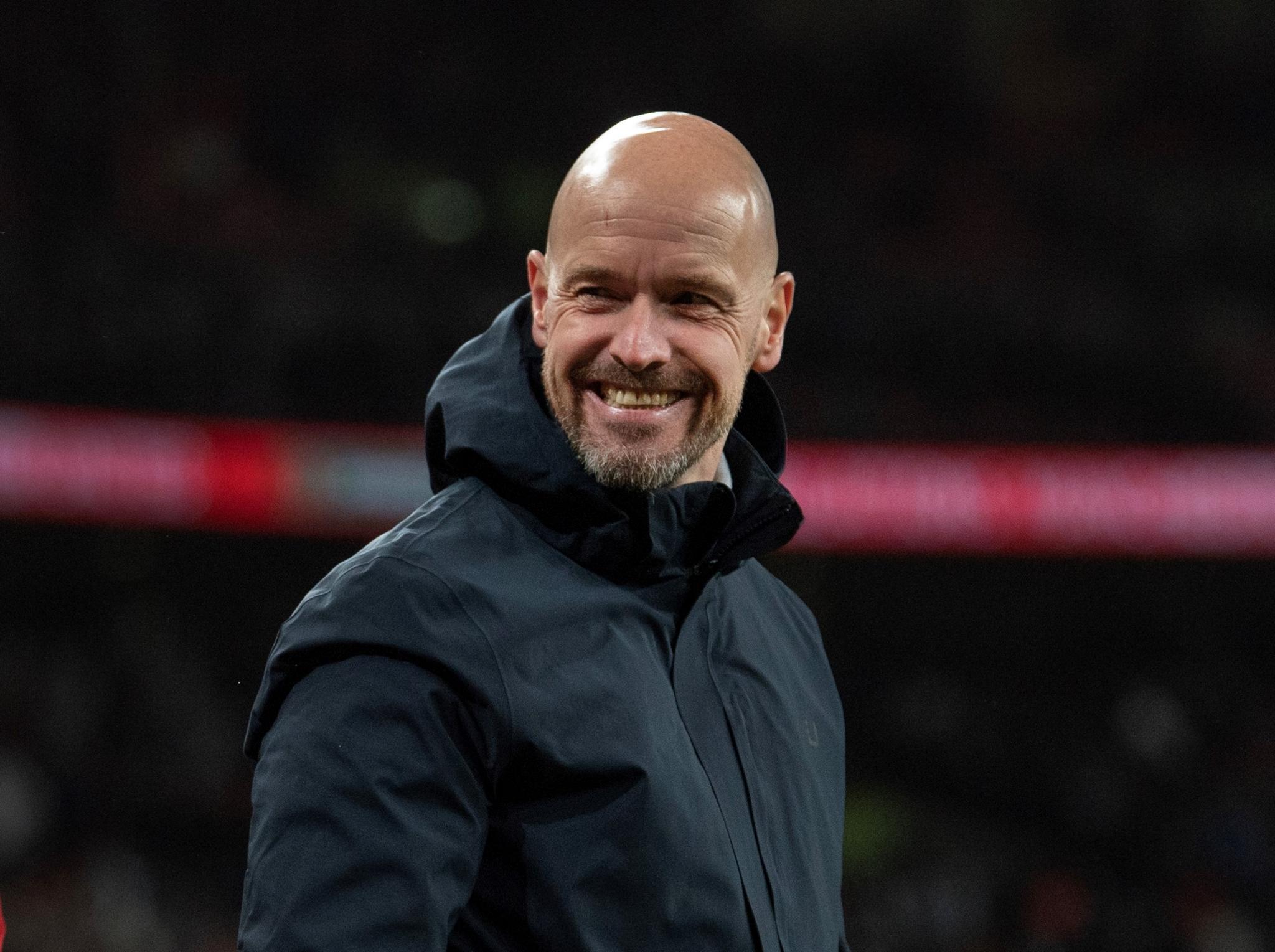
In a bizarre episode, when he attempted to enter the dressing room to retrieve his trainers, staff reportedly blocked his entry. Instead, he had to enlist an academy player to retrieve his belongings. Though most players agreed Ronaldo was wrong to refuse playing, many felt Ten Hag’s handling of the situation had gone too far.
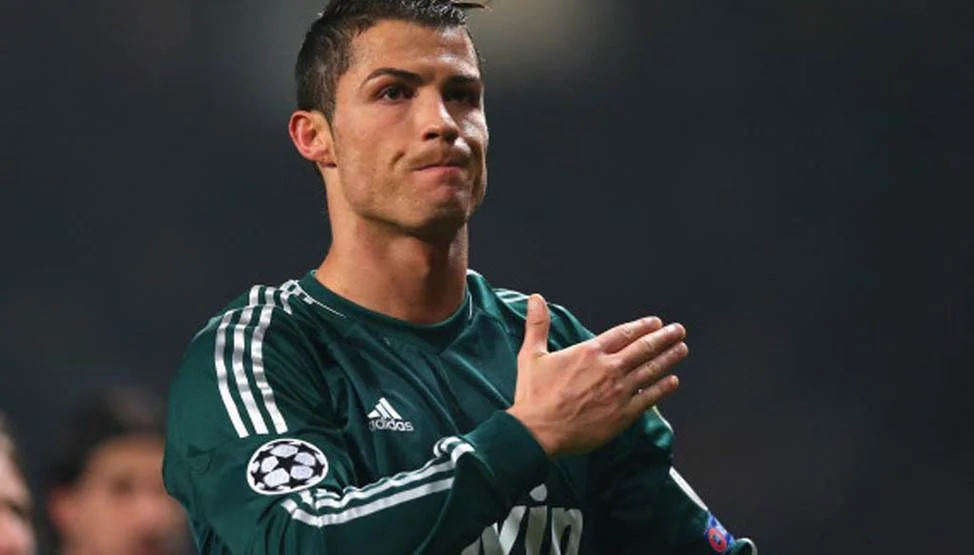
Even Ten Hag’s efforts to instill “character” by signing players like Antony, Lisandro Martínez, and Casemiro, believed to be essential for team morale, have been questioned.
Staff members within the club have said that Ten Hag may have overprotected players like Marcus Rashford, repeatedly backing him despite concerns about his body language in training.
While well-intentioned, the manager’s loyalty to some players, they feel, inadvertently made him the target for criticism rather than holding players accountable.
With Ten Hag’s reign at United now likely ending and Ruben Amorim set to arrive after the club reportedly activated his €10 million release clause from Sporting Lisbon, fans are left to assess whether Ten Hag’s tough-love approach was a valiant attempt to raise standards or a misguided strategy that backfired.

As interim manager Ruud van Nistelrooy prepares to leave once Amorim arrives, the next chapter at United appears poised for another managerial overhaul—but with lessons hard-learned from Ten Hag’s time in charge.

